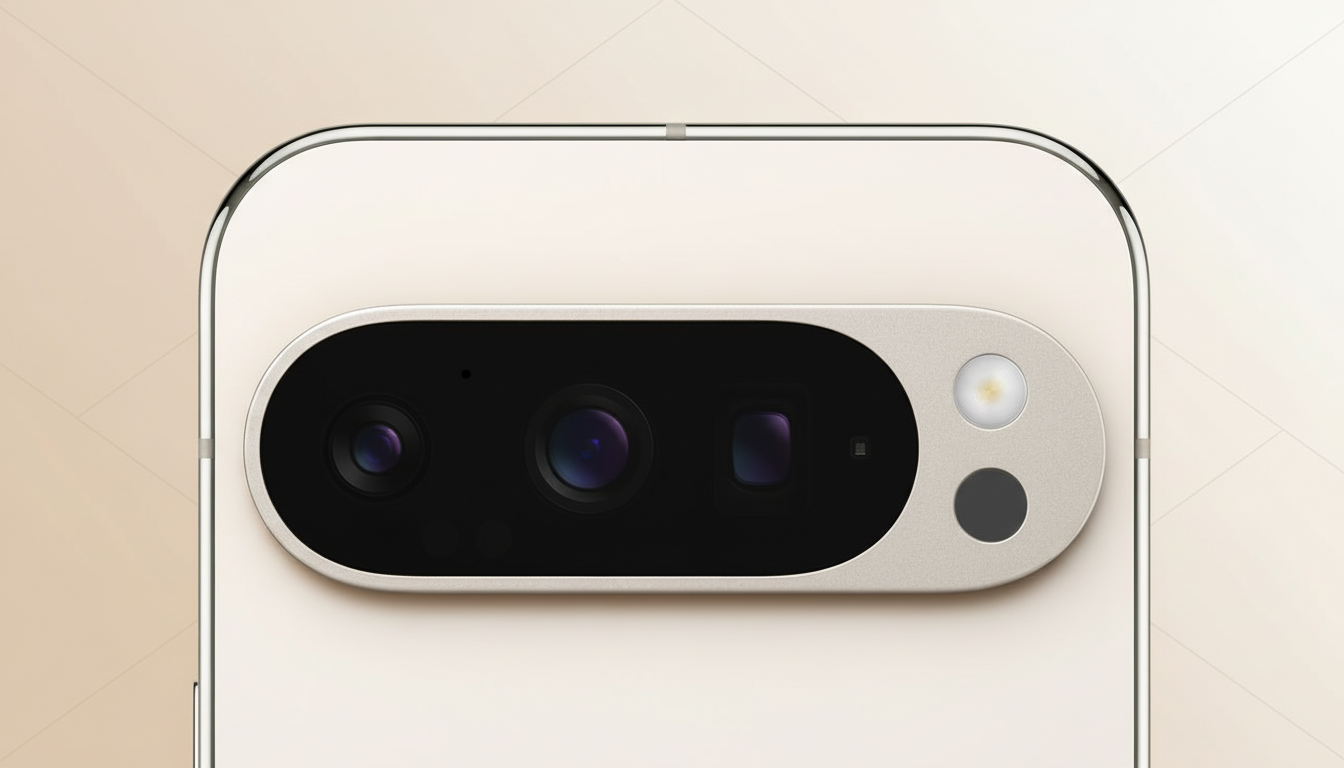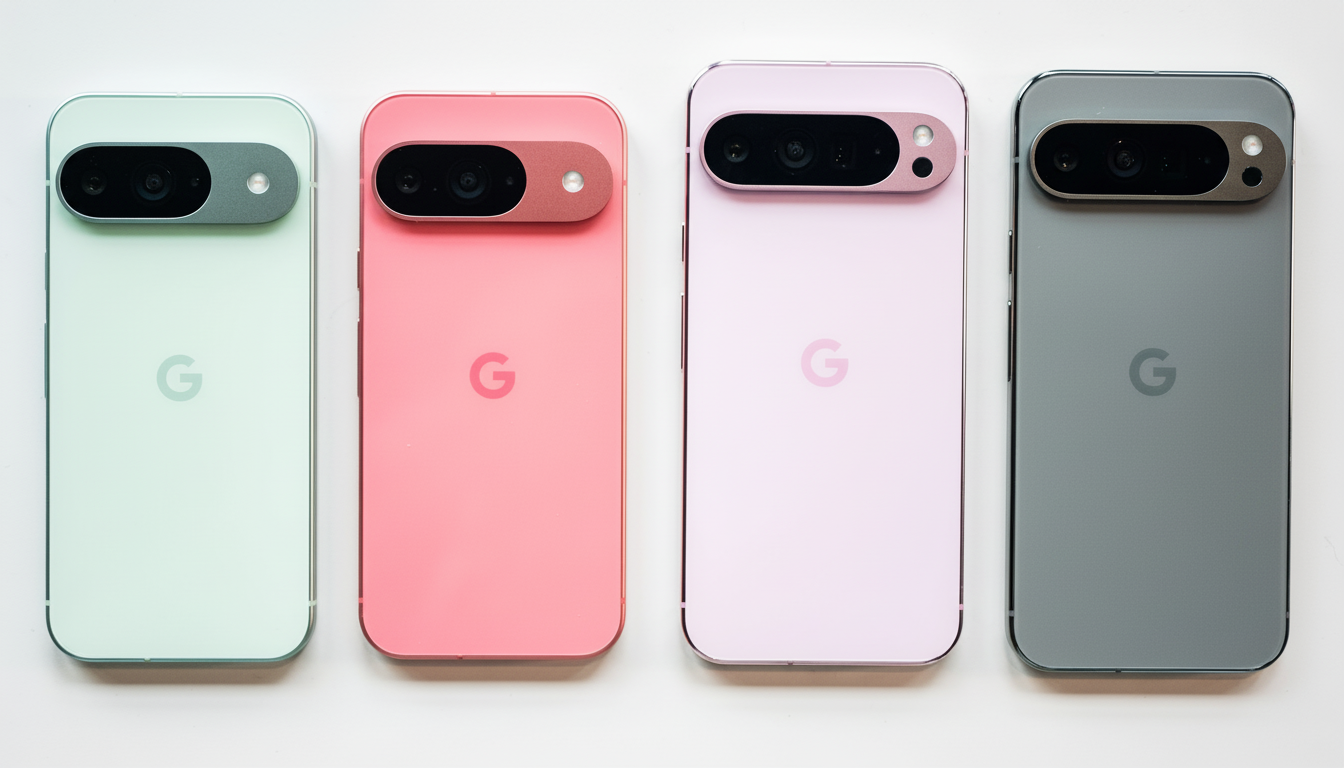Users of GrapheneOS whose Pixel Camera app would crash upon launch now have a straightforward, official solution. The privacy-focused Android project has acknowledged that a missing system font set off the failures on devices lacking Google Play Services, and it’s pushing out an interim compatibility update that restores full camera functionality without requiring you to take a step backward.
What caused the Pixel Camera to crash on GrapheneOS
It wasn’t a permissions issue or a more locked-down user policy, but rather that the Pixel Camera now has a font dependency in recent versions that it previously expected on Google-certified builds. The free version for de-Googled systems like GrapheneOS also didn’t come with that font, so the app would crash or refuse to start. Complaints began appearing in project issue trackers and thread after thread on community forums as users rolled back to old camera releases simply to be able to keep shooting.

Such breakage is not without some precedent. Now that more and more Google camera features are being sent via Play updates (aside from the OS), apps could end up referencing assets that usually come with Google Mobile Services. One way that GrapheneOS, also free of preinstalled Google parts, isolates such dependencies is with a sandboxed compatibility layer instead of generous system access.
How to get the Pixel Camera fix on GrapheneOS
Users on GrapheneOS build v2025102300 and older can fix the crash by updating to GmsCompatLib version 100 from the official GrapheneOS app store. The compatibility package provides the missing asset and then the Pixel Camera 1.2 release should be able to start and work correctly. Aucune autre modification de profil d’autorisation caméra, de profils ou de Play Services n’est nécessaire.
If you’re the type who doesn’t want to do this by hand, the next GrapheneOS build v2025102600 will have this fix built into it. So once that update hits stable channels, the Pixel Camera app should “just work,” so to speak, on supported Pixels irrespective of how completely de-Googled they may be. Until then, the GmsCompatLib install is the fastest route, and it saves you from having to downgrade the app — a workaround some users used last week.
Early testers on the project’s alpha channel say that the camera is usable again for daily use, particularly standard photo capture, video recording, and other common modes. As per usual, feature parity may differ based on Pixel generation and camera app version, but the crash-on-launch is patched out in the compatibility update.

Why this is important for privacy advocates and users
This efficient, expedient fix demonstrates a fundamental tenet of GrapheneOS development: maintain compatibility on behalf of the security model. The project’s sandboxed Play approach allows users to run new apps as if Google were installed, but isolated in the same way as any other third-party application, with no superpowers. Solving that lost property of the camera through GmsCompatLib continues to keep those boundaries while still recovering its function.
For a lot of Pixel owners on GrapheneOS, the stock camera is hard to give up—it’s Google’s computational photography, highly tailored to what each phone’s sensors can do. As soon as it crapped out, many turned, in the interim, to open-source solutions or older app builds. Between the updated compatibility pack and an OS update on its way, that means most of you can go back to running the latest Pixel Camera release without destroying your privacy posture.
The wider picture for Android app compatibility
As more foundational experiences update through the Play Store, resource and framework assumptions can catch environments that don’t ship Google’s proprietary bundle. GrapheneOS’s remedy here—pinning the dependency, providing it via a minimal compatibility layer, and upstreaming the fix into the next release—is a recipe to follow when encountering similar breakages. For other apps that rely on Google components, the team has adopted a similar approach, so that users can opt for a hardened OS without losing common everyday usage.
According to the project’s release notes and issue chatter, the fix should be future-proof for incoming Pixel Camera updates, which in turn lowers the chances that a new version of the camera will crash out from the same root cause. Users can either apply the small GmsCompatLib update already available, or wait for the next system build, with confidence that their camera won’t be collateral damage to de-Googling.

